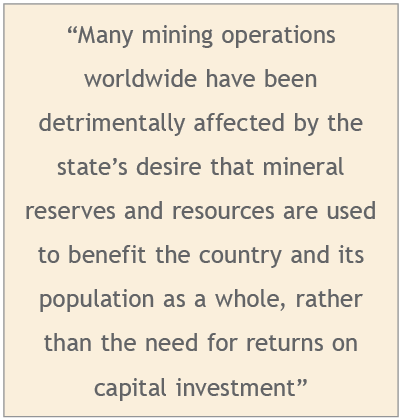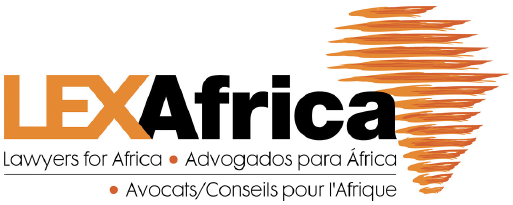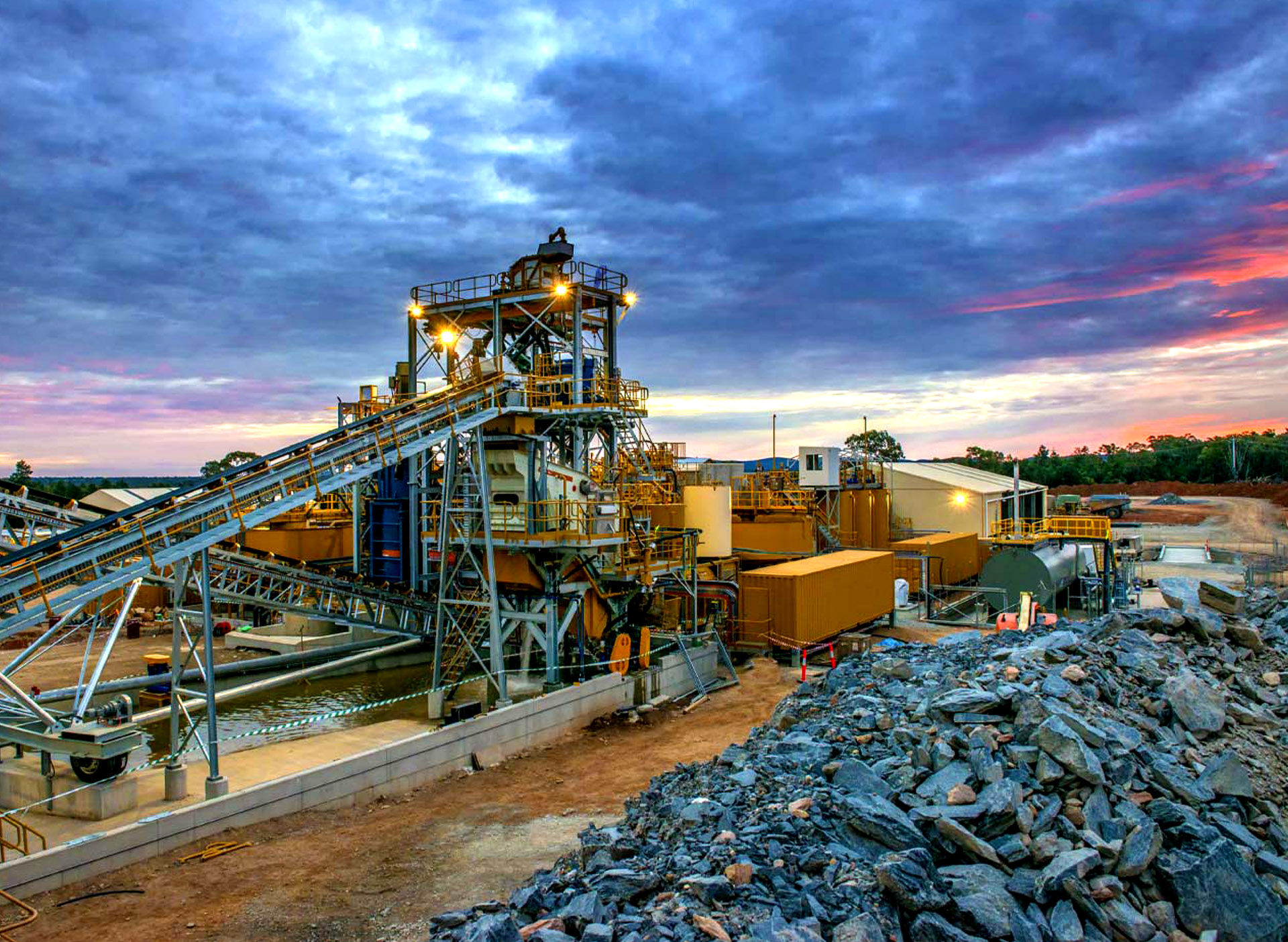As if mining by its very nature is not difficult enough from a technical, financial, environmental and labour point of view, African mining companies face added pressure due to increasing community-related obligations and the general tendency of increased or creeping resource nationalism.
However, one should exercise caution in believing that these issues are unique to Africa, as the same tendencies apply in many other countries, including in South America and Russia. Mining often occurs in rural remote areas with indigenous communities. There is also a tendency for communities to mushroom around mines once a project develops due to potential job opportunities, offshoot industries and procurement for the mining operations.
There are two prime examples in South Africa where issues with the host community have resulted in delays. The first involves the Xolobeni mineral sands project of Transworld Energy and Mineral Resources (TEM), an Australian mining company. Ultimately the disputes with the Xolobeni community resulted in a high court ruling.
The applicants relied on the Interim Protection of Informal Land Rights Act (IPLRA) and the requirement that their consent is needed before they may be deprived of their land. They argued that such consent must be fair and informed. The Department of Mineral Resources did not ensure the applicants had the community’s consent before granting a mining right. The applicants also relied on international laws for their contention that mining rights may only be granted with the traditional community’s consent. The court held that having regard to the overall purpose of the IPLRA and the Mineral Petroleum Resources Development Act (MPRDA), and given the status of customary law under the South African constitution, there was no reason why the two Acts cannot operate alongside one another and that the MPRDA does not trump the IPLRA. The court held that the Minister lacked any lawful authority to grant a mining right to TEM without complying with the IPLRA.
In a recent 2018 Constitutional Court case, Maledu v Itereleng Bakgatla Resources, the court also considered that the IPLRA and the MPRDA should be interpreted and read harmoniously and that communities have a right to decide what should happen to their land, and must consent before they may be deprived of their land.

A further issue is the resettlement of communities on land over which a mining right is granted. An example of a successful relocation in South Africa is the Mogalakwena Mine, one of the most profitable platinum mines in the world. The biggest issue was the relocation of graves and an improvement in living standards.
Many mining operations worldwide have been detrimentally affected by the state’s desire that mineral reserves and resources are used to benefit the country and its population as a whole, rather than the need for returns on capital investment. Creeping nationalism is often used as a political tool to woo the electorate.
This drive towards nationalism is most often achieved by changes in legislation. For example, the Democratic Republic of Congo recently amended its legislation to extensively increase royalties, taxes and other obligations, provide for the designation of strategic metals and substantially increased royalties, and abolish clauses in mining agreements giving fiscal stability for 10 years.
Tanzania has substantially revised its mining code by imposing extra obligations, increased royalty rates and increased government participation. Local content regulations were also imposed.
Zambia and Kenya have also increased royalties, increased state participation and imposed extra obligations to the benefit of the state.
Resource nationalism is a hot topic in South Africa. Radical change was brought about in 2004 by the MPRDA, which converted the private mineral rights system into a state licensing system with state custodianship over mineral resources.
South Africa also introduced the concept of historically disadvantaged South Africans (HDSA) and a mining charter to incorporate HDSAs into the mining industry, including in respect of ownership thereof. From March 1, 2010, royalties are payable to the state on all mining operations and draft amendments to the mining legislation proposed restrictions on exports and requirements to beneficiate. At this stage there is no state participation in mining projects, but there is a state mining company which is more involved in mining operations than ever before.
Many African mining operations are successful notwithstanding the burdens imposed upon mining companies. However, a balancing act must harmonise the interests of the state, the community and the mining company. Often this delicate balance is disturbed by the actions of one or more of the stakeholders and then often to the detriment of all concerned.
____________________________
LEX Africa is an alliance of law firms with over 600 lawyers in 265 African countries formed in 1993. More information may be found on www.lexafrica.com.

W: www.werksmans.com
E: cstevens@werksmans.com
T: (27) 11 535 8467



 By
By